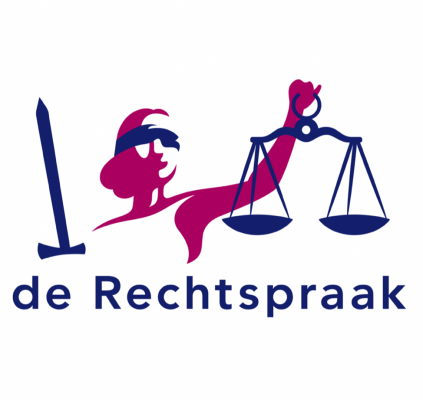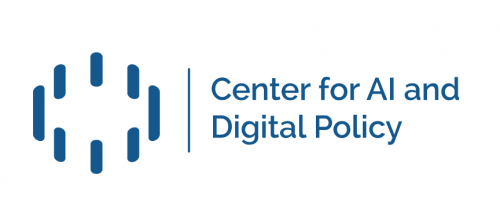Dr. Ricardo Monreal, the Majority Leader in the Senate of Mexico and a former professor of Constitutional Law, has introduced detailed legislation to update the national Federal Telecommunications and Broadcasting Law to regulate social media. Dr. Monreal pointed to the powerful role of digital platforms, especially social networks, and concerns about freedom of expression and access to the Internet.
Monreal’s Initiative examines the current law on freedom of expression and democracy, the reasons for the new initiative, and the impact on federal agencies in Mexico. According to the Initiative, “those authorized are given the opportunity to use algorithms or automated technologies for the purpose of suspending accounts or deleting content. This is supported by the fact that, given the number of users who have a social network, the authorized users need to optimize times and processes to analyze all the content that is published.”
However, the law would prevent the use of algorithms, or other similar techniques, to permanently cancel accounts. Article 175 states that “The authorized person must create in its internal structure an area that specifically resolves such challenges. For this purpose, it is forbidden for challenges to be resolved through the use of algorithms or any other technology, the authorized person being obliged to have their resolutions issued by individuals duly trained in the field of human rights and freedom of expression.” As Monreal explains, “since it is a fundamental pillar of democracy, such decisions must be taken by qualified personnel.”
Senator Monreal also explains that “the right of access to information and communication technologies, including the internet, has been recognized by the United Nations.” He said that “with regard to freedom of opinion and expression, privacy and other human rights, the potential of the Internet should be realized as a facilitator of development and innovation, with full cooperation between governments, civil society, the private sector, the technical community, and academia.” Monreal proposes also to extend algorithm accountability to other activities, such as transparency measures for online platforms, including the algorithms used for recommendations.
Senator Monreal is encouraging public comment on his proposal. [CAIDP is now promoting this public comment opportunity on the Public Voice page]
The proposal to ensure human review of automated decisions by AI systems that could limit access to the Internet (or make “black box” recommendations) is important and should be considered by other governments that are updating national laws for social media. The Digital Services Act of the EU, for example, proposes similar methods for algorithmic accountability. However, freedom of expression and privacy advocates have expressed concern about a proposal to eliminate Mexico’s National Institute for Transparency and Access to Information and Data Protection (INAI). The INAI is the leading federal agency in Mexico to promote access to information and to ensure data protection. The INAI a critical mechanism to ensure AI accountability.
Announcements
- New Report: “UNESCO Launches the findings of the Artificial Intelligence Needs Assessment Survey in Africa” (Feb. 4, 2021)
- CAIDP Highlights “Public Voice” Opportunities. The Center welcomes news of upcoming opportunities for the public to provide comments on AI policy.
- CAIDP Promotes AI Policy Events. The Center also provides a calendar of upcoming AI policy events.
Marc Rotenberg, Director
Center for AI and Digital Policy at Michael Dukakis Institute
The Center for AI and Digital Policy, founded in 2020, advises governments on technology policy.











